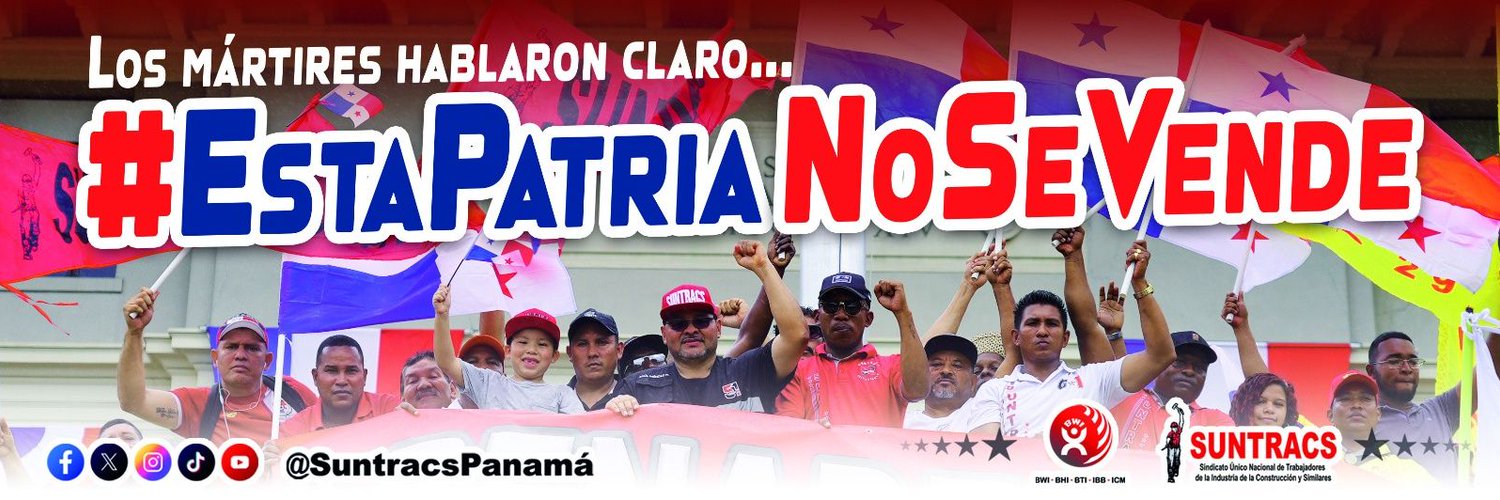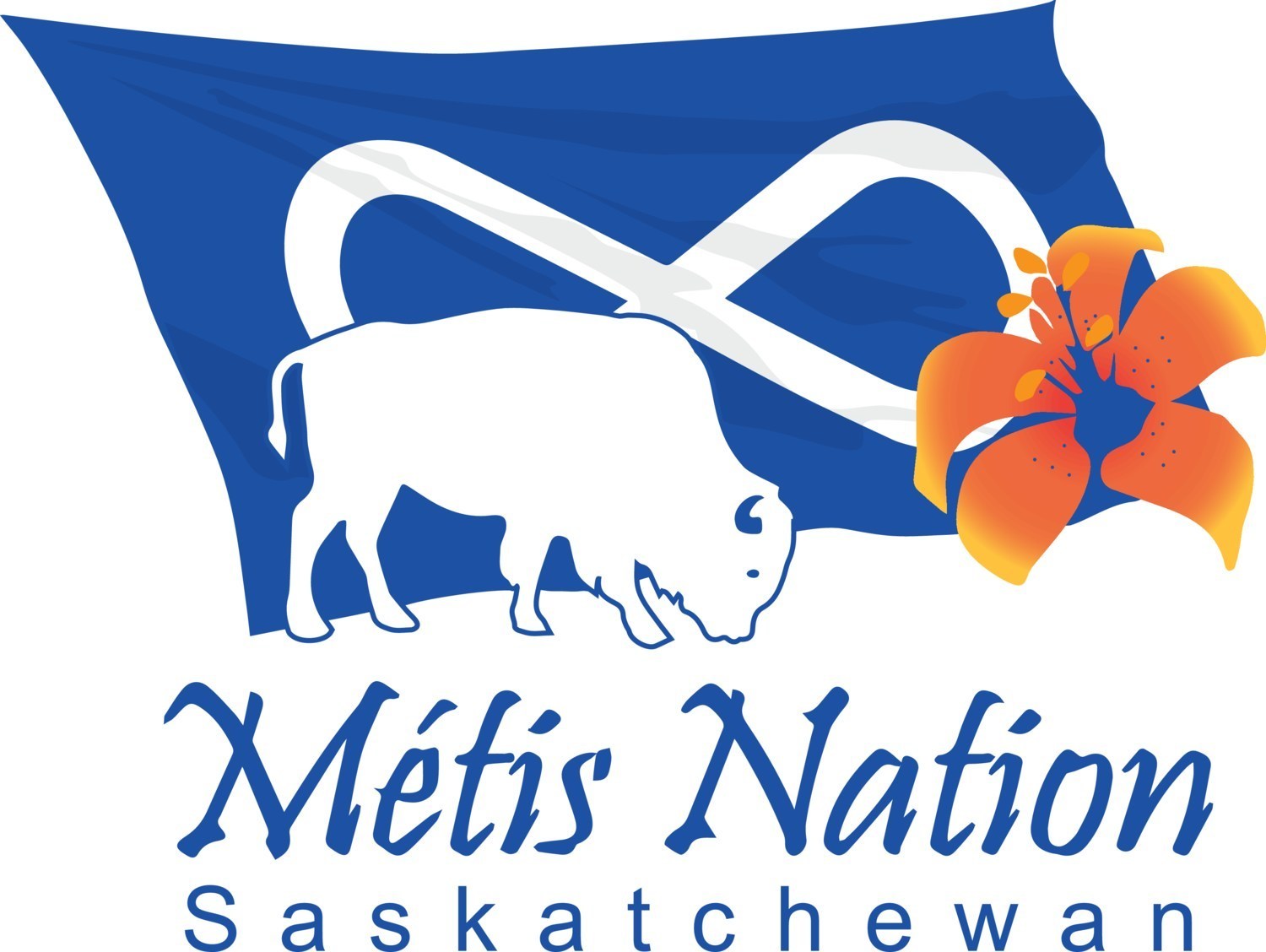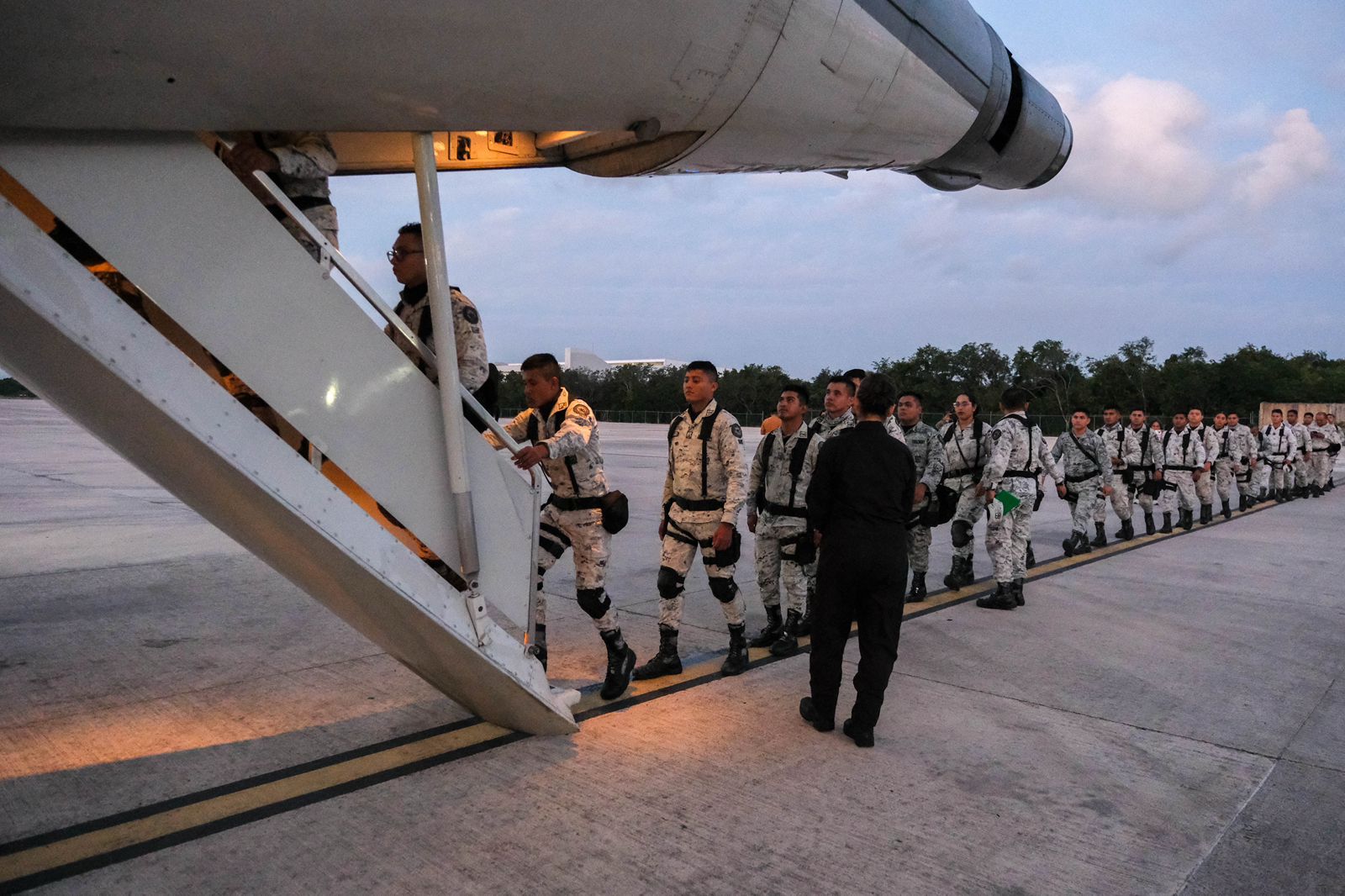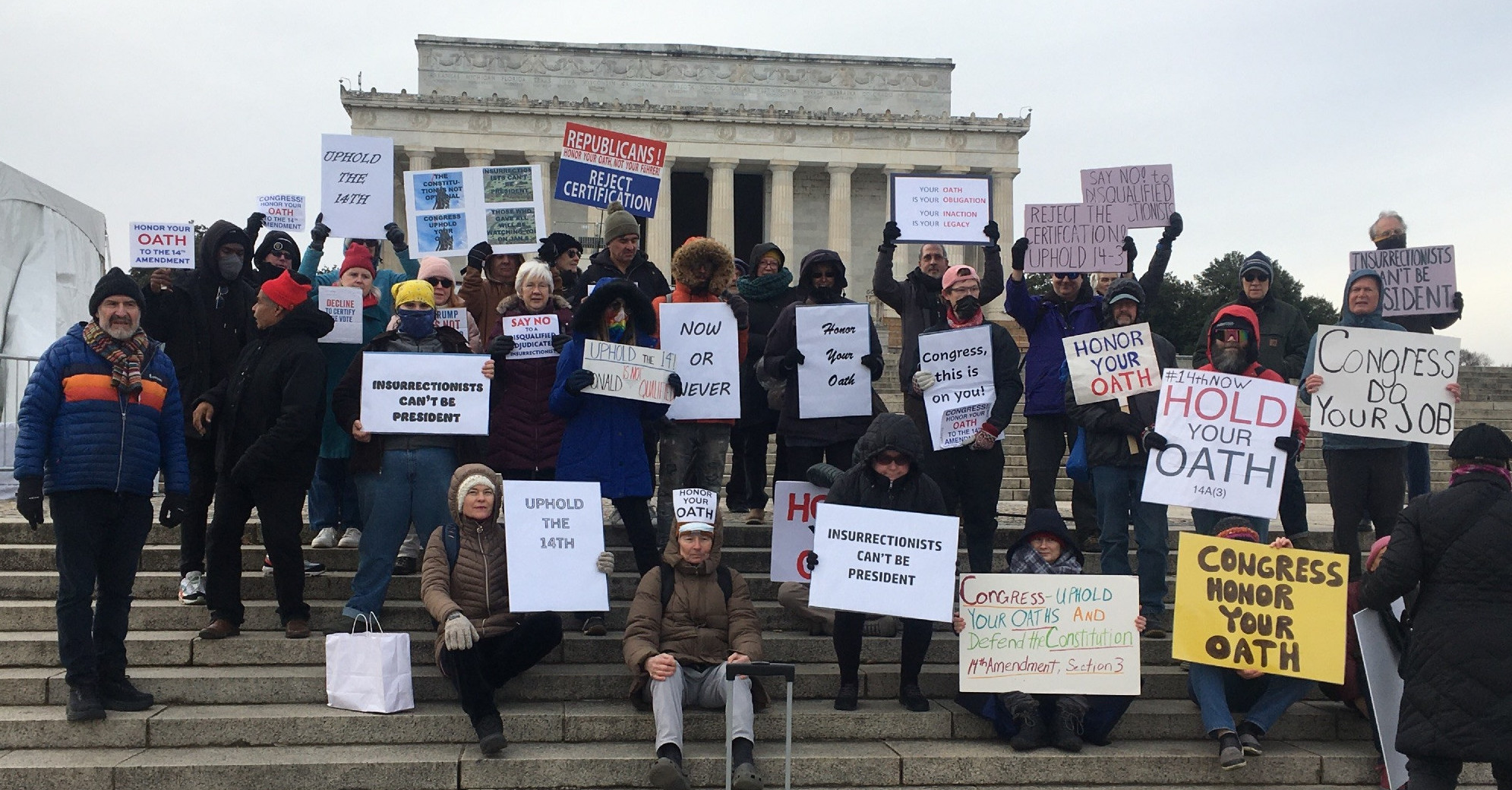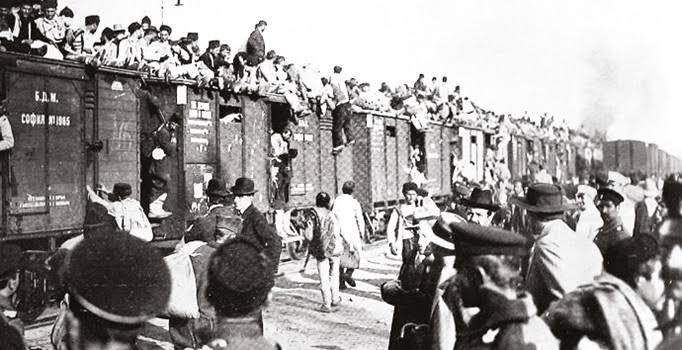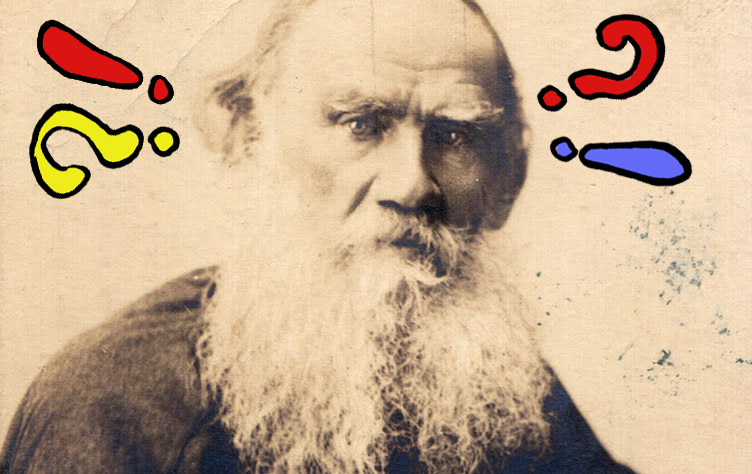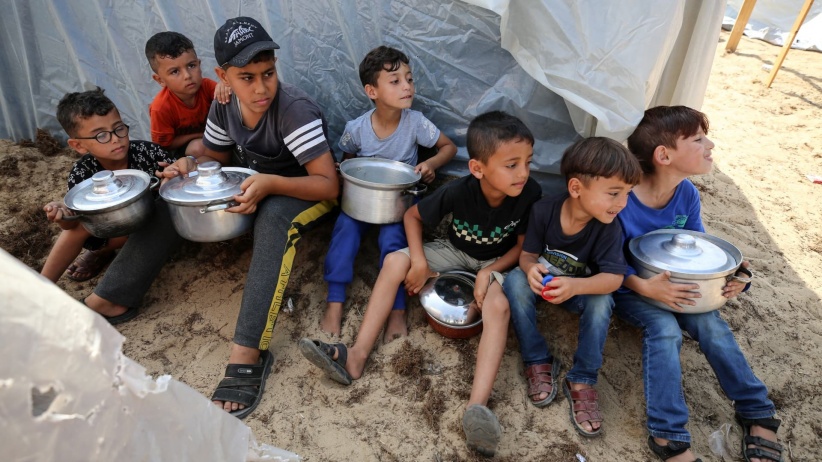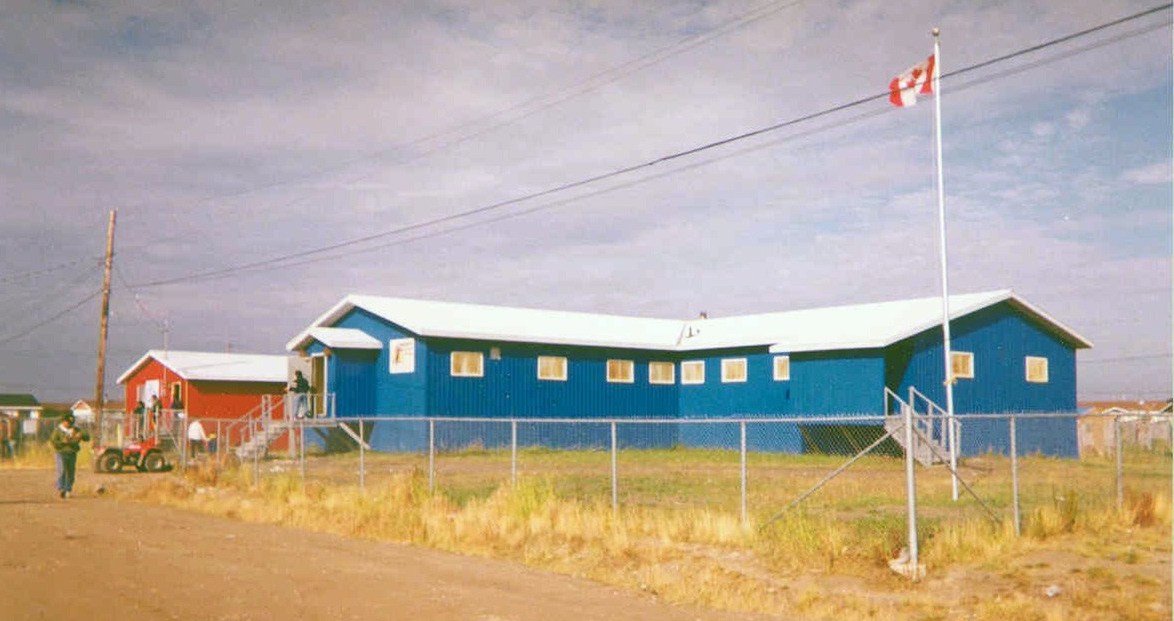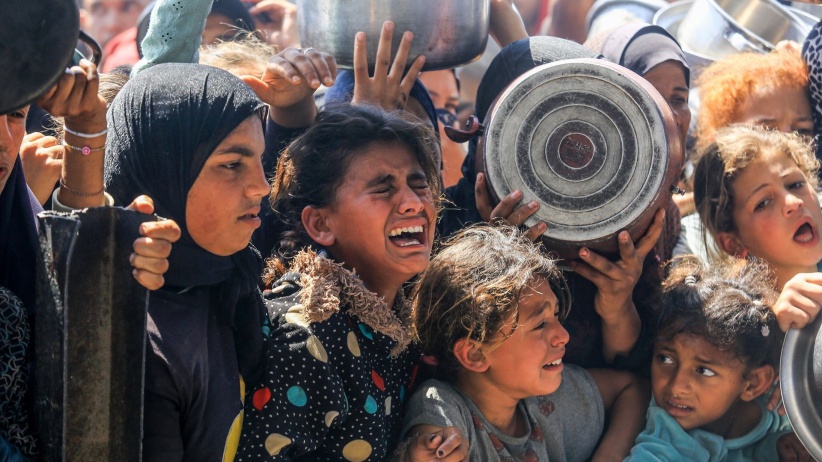
Gaza: aid agencies reject Israel’s ‘humanitarian’ plan
Amid growing warnings of starvation, the Israeli military allowed humanitarian aid into Gaza for the first time in more than 11 weeks. The first trucks were permitted to pass through the Kerem Shalom crossing after the UK, France and Canada threatened to sanction Israel if it did not allow in assistance. UN Under-Secretary General for Humanitarian Affairs Tom Fletcher welcomed the move, but said it was a “drop in the ocean of what is urgently needed.” In an open letter issued the same day the first trucks were allowed in, nearly a dozen international aid and human rights groups warned that a US-backed organization set up to take over aid distribution in Gaza is “a dangerous, politicized sham.” They charged that the Gaza Humanitarian Foundation (GHF) has been launched without Palestinian involvement, while the population in Gaza remains under siege. (Photo: Maan News Agency)



